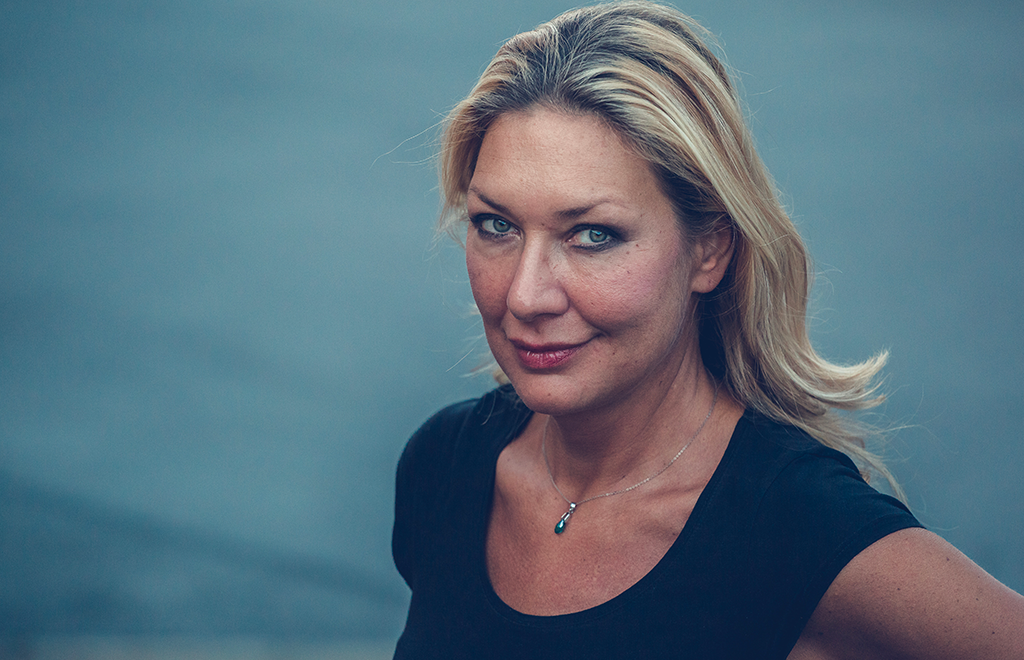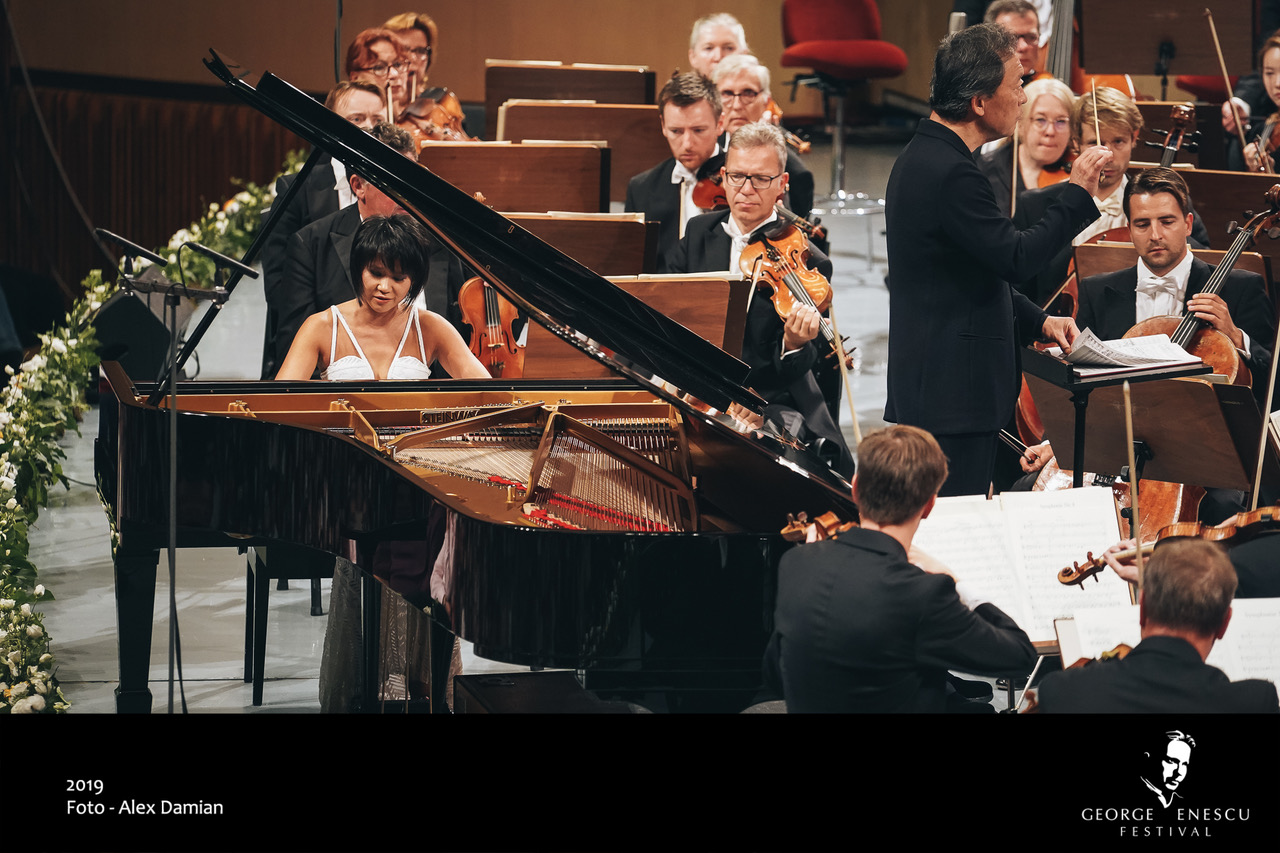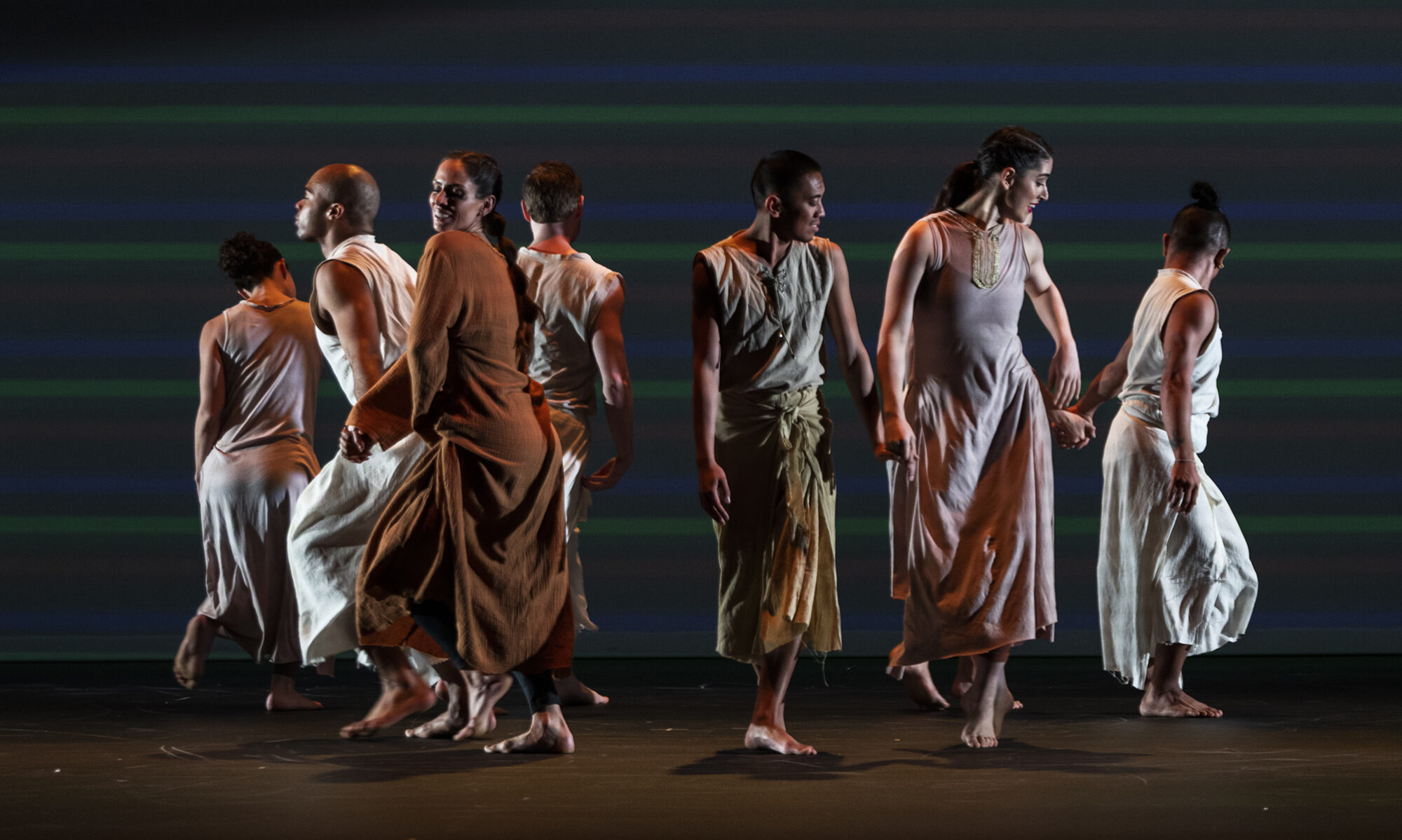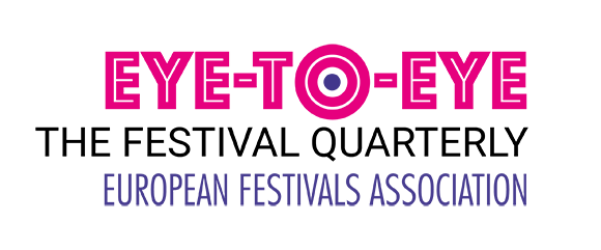A Postcard from Belgrade

Ana Maria Rossi is a film director from Belgrade. She has written screenplays, directed films and documentaries, created and directed a number of TV shows, worked at advertising agencies and she writes about films for film journals, magazines and websites. The anthology film Neke druge price (Some other stories, 2010) was screened at more than 40 festivals and won 6 awards. The film Ajvar (2019) has been screened at more than 30 festivals and won twenty awards.
I am writing this at the moment when 8000 people per day get infected from a disease that only nine months ago was unknown to us. I try really hard day in day out not to view our lives through the “before-and-after-Covid 19” perspective. It might be the right point of view at this moment, but for the sake of my mental wellbeing, I find it easier to keep my routine, avoid groups of people, wear a mask, disinfect my hands and wait for this to be over; the “one-day-this-will-all-be-over” approach used to save peoples’ lives in this region. I have already seen this “one day” several times in my life. The truth to tell, a better part of your life is also over in the meantime, but, sometimes, that is the only survival mechanism when you are surrounded by a chaos. The trouble with this most recent chaos is that it is like no other. Like everyone else, I had to improvise.
As a person who had lived through the air-raids and watched a bundle of films about apocalypse, the judgment day and unknown viruses, I was up and running from the first day of the pandemic. I went to fetch the groceries and stockpiled all manner of supplies I could possibly think of. And I squirreled away so many things that I had no free space to store flower and rice, although all I had ever prepared was coffee. I also have a large amount of sellotape and candles, not that I know what I need them for.
After the first wave of encountering the enemy had been over, most of which we spent home quarantined and observing the measures imposed by the state of emergency, the Summer arrived and I decided that corona virus would not completely destroy it. As is the case with many other hard-to-explain-things in the Balkans, this Summer witnessed cancellation of most of the Summer film festivals, with films being screened online on the one hand but, on the other, there was an unseen of expansion of series and film shooting. So, at the moment when no series were being shot in the US, there were more than twenty projects filmed in Serbia all at the same time.
I worked throughout August and travelled during September and October simulating a normal life with a mask on my face. I even managed to attend a few film festivals with my film, the very few ones that had not been cancelled, and I also filmed during a month in a team of one hundred people without anyone getting infected and mastered a new, more complicated, way of travelling around. Man is an adaptable being, for better or for worse. He can get used even to a simulated life. I watched more films and series than in the past several years. I read, I wrote a little and worried about what I should do after “all this” is over.
As a rule, we summarise things at New Year. We make decisions or, rather, plans, that we like to think of as some very serious resolutions. This will be the first New Year when I cannot really say if I am happier about this year being over or am more afraid of the uncertainty of the coming one. This is why I decided to say goodbye to this year quickly and painlessly, as it should not deserve much of my attention, and to tell this year that – I’ve survived, that’s the least I can do, I’ve lost a few things, but kept most of those that matter to me. I would like to thank it for the few vaccines that have been finished and started being manufactured.
I must admit also that this year has made me stop and think thoroughly about something that had crossed my mind so many times in the past few years. I never bothered giving it a thought because nothing as strong as a dangerous virus made me do that. This catastrophic year, however, has given us more time than we ever wanted to get our ducks in a row. Is this exactly what needed to happen to all of us living on this planet which we call home? How come it was someone other than us that had to step on the brakes and tell us – kids, you are rushing at high speed towards the edge of the precipice! How is it possible that at the end of the second decade of 21st century, which is technologically the most advanced period of our civilisation, we ended up in a situation where we are at the same time so primitive and aggressive? Is it possible that electronic chips invented by a human brain, are developing faster than our need to improve ourselves in all other aspects?
It is not right that we are pursuing a God particle in CERN and developing AI, while at the same time one quarter of the population on the planet does not have basic living conditions. It is not right that 90% percent of world’s wealth lies in the hands of less than one percent of the world population; that people still die of hunger in the 21st century. It is not right that the technological development hasn’t taught us yet that all human beings should have the right to medical care and education; that big corporations make profit on the clothes we buy made and packaged by children who should, instead, hold pens in their hands and sit in their classrooms. It is not right that we have not yet learned by now that the skin colour, shape of your face, the language you speak and the country you were born in, the church you had been baptised in as a baby, your sexual orientation… are all pre-determined before you were born. And, that none of these can make us better or worse as such.
We are just one form of life on this planet which we treat so badly. In less than a century, we have managed to make extinct more animal species and plant varieties than in the previous twenty. The wars have been waged over energy sources whose only purpose is to make our lives comfortable. And certain individuals grew rich disregarding the pollution of our own natural habitat. If we are developing a technology that will help us leave something behind after we are gone, should not we also think for whom we shall leave it, how long will something will live after we are gone? There is something so self-centered about the assumption that everything starts with us and that nothing matters after we are gone.
So, these thoughts are occupying my mind while I look around myself to see how the cards are being dealt for a new game. I can see that we needed something coming from the outside, something more powerful than our stupid, unchangeable rules of the game to tell us: “Hey, this is your common enemy, pull yourselves together! This enemy couldn’t care less about the colour of your skin, the language that you speak, the God you pray to, let alone your birthplace… border crossings between the states do not exist for him. He will mock your purchasing power, shatter your self-centered habits, mercilessly play with your character… He will show that he can hit you anywhere he wants and that we need to be smarter in order to fight it. We need to join forces, for a start. And one day, when we beat it and transform it into a naive seasonal flu, we should not forget that it also served a certain purpose.
Once this madness is over we must remember what the year 2020 taught us. If you are reading this, it means that you have survived, you defeated this year and you are entering the next one smarter and kinder. Even if this is all we profit from this year, it is not negligible. On the contrary.
Festival Life creates shared moments of audiences and artists, eye-to-eye


